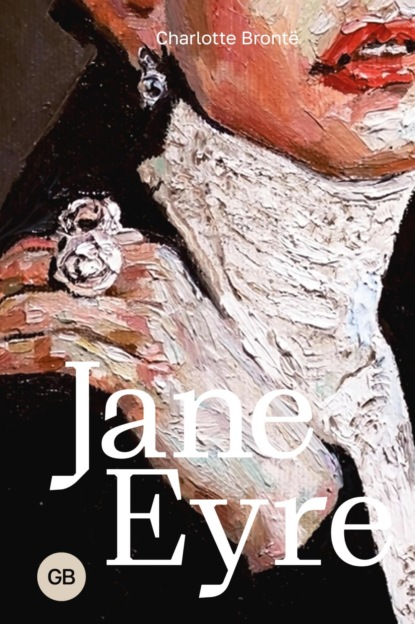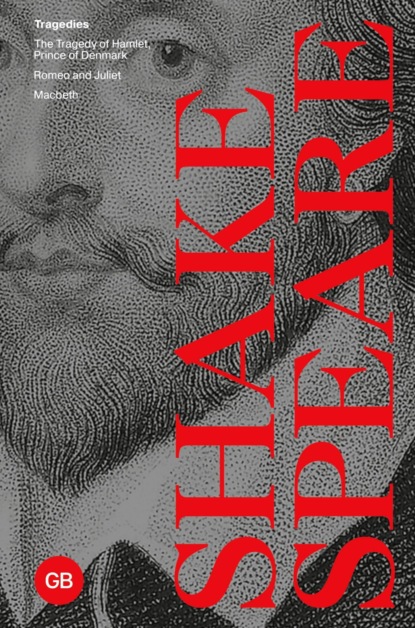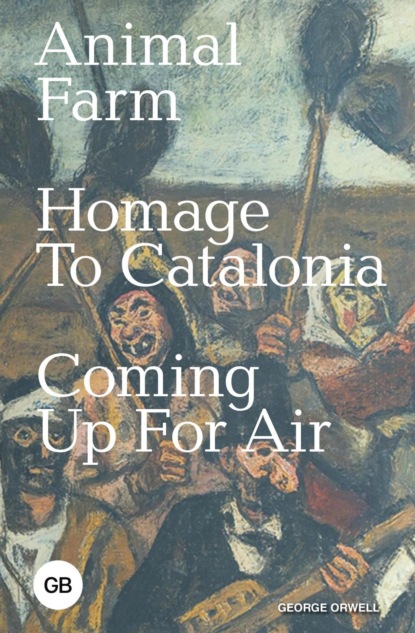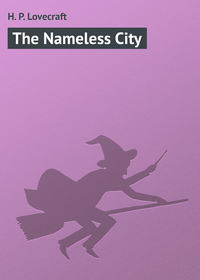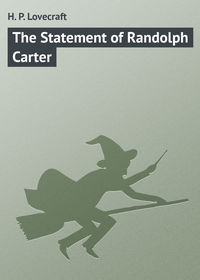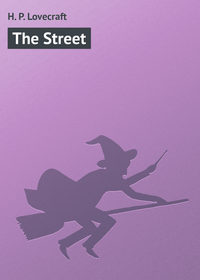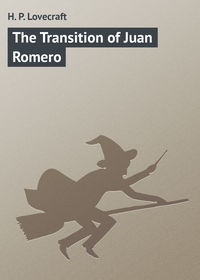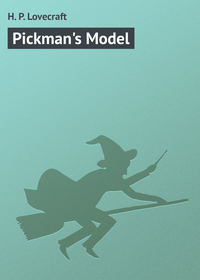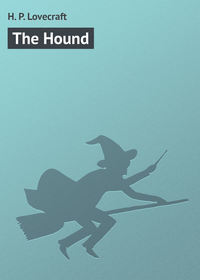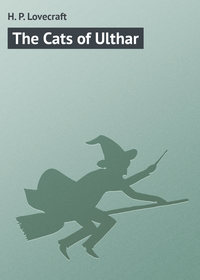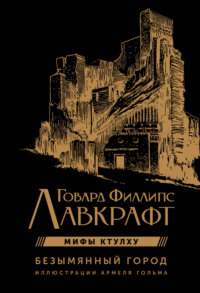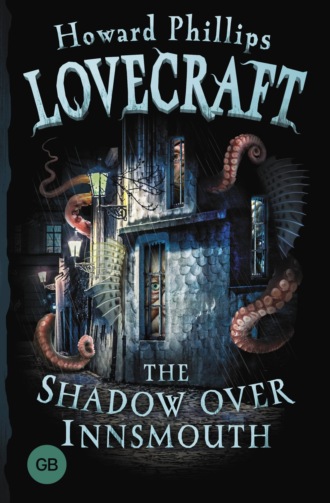
Полная версия
The Shadow over Innsmouth / Морок над Инсмутом
The old man was getting hysterical, and I began to shiver with a nameless alarm. He laid a gnarled claw on my shoulder, and it seemed to me that its shaking was not altogether that of mirth.
“S’pose one night ye seed somethin’ heavy heaved offen Obed’s dory beyond the reef, an’ then larned nex’ day a young feller was missin’ from home? Hey? Did anybody ever see hide or hair o’ Hiram Gilman agin? Did they? An’ Nick Pierce, an’ Luelly Waite, an’ Adoniram Saouthwick, an’ Henry Garrison? Hey? Heh, heh, heh, heh… Shapes talkin’ sign language with their hands… them as had reel hands…
“Wal, Sir, that was the time Obed begun to git on his feet agin. Folks see his three darters a-wearin’ gold-like things as nobody’d never see on ’em afore, an’ smoke started comin’ aout o’ the refin’ry chimbly. Other folks were prosp’rin’, too – fish begun to swarm into the harbour fit to kill, an’ heaven knows what sized cargoes we begun to ship aout to Newb’ryport, Arkham, an’ Boston. ’Twas then Obed got the ol’ branch railrud put through. Some Kingsport fishermen heerd abaout the ketch an’ come up in sloops, but they was all lost. Nobody never see ’em agin. An’ jest then our folks organised the Esoteric Order o’ Dagon, an’ bought Masonic Hall offen Calvary Commandery for it… heh, heh, heh! Matt Eliot was a Mason an’ agin’ the sellin’, but he dropped aout o’ sight jest then.
“Remember, I ain’t sayin’ Obed was set on hevin’ things jest like they was on that Kanaky isle. I dun’t think he aimed at fust to do no mixin’, nor raise no younguns to take to the water an’ turn into fishes with eternal life. He wanted them gold things, an’ was willin’ to pay heavy, an’ I guess theothers was satisfied fer a while…
“Come in ’forty-six the taown done some lookin’ an’ thinkin’ fer itself. Too many folks missin’-too much wild preachin’ at meetin’ of a Sunday – too much talk abaout that reef. I guess I done a bit by tellin’ Selectman Mowry what I see from the cupalo. They was a party one night as follered Obed’s craowd aout to the reef, an’ I heerd shots betwixt the dories. Nex’ day Obed an’ thutty-two others was in gaol, with everbody a-wonderin’ jest what was afoot an’ jest what charge agin’ ’em cud be got to holt. God, ef anybody’d look’d ahead… a couple o’ weeks later, when nothin’ had ben throwed into the sea fer that long…”
Zadok was shewing signs of fright and exhaustion, and I let him keep silence for a while, though glancing apprehensively at my watch. The tide had turned and was coming in now, and the sound of the waves seemed to arouse him. I was glad of that tide, for at high water the fishy smell might not be so bad. Again I strained to catch his whispers.
“That awful night… I seed ’em… I was up in the cupalo… hordes of ’em… swarms of ’em… all over the reef an’ swimmin’ up the harbour into the Manuxet… God, what happened in the streets of Innsmouth that night… they rattled our door, but pa wouldn’t open… then he clumb aout the kitchen winder with his musket to find Selectman Mowry an’ see what he cud do… Maounds o’ the dead an’ the dyin’… shots an’ screams… shaoutin’ in Ol’ Squar an’ Taown Squar an’ New Church Green… gaol throwed open… proclamation… treason… called it the plague when folks come in an’ faound haff our people missin’… nobody left but them as ud jine in with Obed an’ them things or else keep quiet… never heerd o’ my pa no more…”
The old man was panting, and perspiring profusely. His grip on my shoulder tightened.
“Everything cleaned up in the mornin’-but they wastraces.… Obed he kinder takes charge an’ says things is goin’ to be changed… others’ll worship with us at meetin’-time, an’ sarten haouses hez got to entertain guests… they wanted to mix like they done with the Kanakys, an’ he fer one didn’t feel baound to stop ’em. Far gone, was Obed… jest like a crazy man on the subjeck. He says they brung us fish an’ treasure, an’ shud hev what they hankered arter…
“Nothin’ was to be diff’runt on the aoutside, only we was to keep shy o’ strangers ef we knowed what was good fer us. We all hed to take the Oath o’ Dagon, an’ later on they was secon’ an’ third Oaths that some on us took. Them as ud help special, ud git special rewards – gold an’ sech- No use balkin’, fer they was millions of ’em daown thar. They’d ruther not start risin’ an’ wipin’ aout humankind, but ef they was gave away an’ forced to, they cud do a lot toward jest that. We didn’t hev them old charms to cut ’em off like folks in the Saouth Sea did, an’ them Kanakys wudn’t never give away their secrets.
“Yield up enough sacrifices an’ savage knick-knacks an’ harbourage in the taown when they wanted it, an’ they’d let well enough alone. Wudn’t bother no strangers as might bear tales aoutside – that is, withaout they got pryin’. All in the band of the faithful – Order o’ Dagon – an’ the children shud never die, but go back to the Mother Hydra an’ Father Dagon what we all come from onct– I
Конец ознакомительного фрагмента.
Текст предоставлен ООО «Литрес».
Прочитайте эту книгу целиком, купив полную легальную версию на Литрес.
Безопасно оплатить книгу можно банковской картой Visa, MasterCard, Maestro, со счета мобильного телефона, с платежного терминала, в салоне МТС или Связной, через PayPal, WebMoney, Яндекс.Деньги, QIWI Кошелек, бонусными картами или другим удобным Вам способом.


